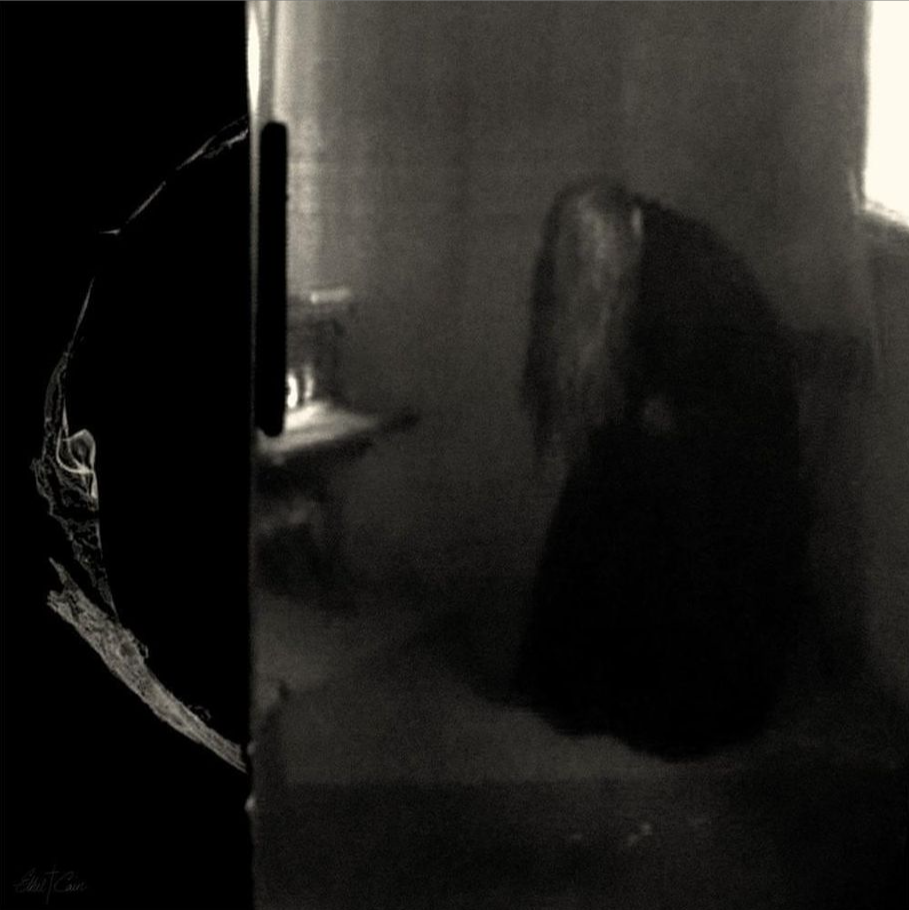Ethel Cain, the musical alias of singer-songwriter Hayden Anhedönia, debuted her 90-minute-long EP “Perverts” on Wednesday. The release represents one of the starkest anti-commercial pivots in popular music history, seeing the soft-spoken Anhedönia delve into more abstract, menacing sounds as well as drone music.
Anhedönia’s work has always had the musical and lyrical undercurrents that “Perverts” took to extremes. As a transgender woman growing up in a strictly Christian family, Anhedönia and her art are informed by a “Southern Gothic” aesthetic that explores lingering trauma in Americana, be it from entrenched religious shame or the scars of sexual violence. The very character of Ethel Cain, a domineering cult leader ensnared and killed by the maw of a destructive relationship, is the epitome of Anhedönia’s vision, centered around the toxicity of Midwestern religious culture.
“Perverts” isn’t her first foray into that darkness, and it isn’t even her first venture into drone music, which has been something of a theme in her work dating back to her earliest releases. Her debut album, “Preacher’s Daughter,” featured the song “Ptolemaea,” a testing ground for the later extremity of “Perverts,” complete with the same hushed spoken-word delivery and chantlike lyrics. Anhedönia’s new project takes that formula and distills it into its most concentrated form.
“Perverts,” the titular first song of the EP, is a 12-minute behemoth of a track, beginning with a slow chant. Anhedönia murmurs hauntingly beneath layers of drones, some that sound like a beating heart and others that sound like oscillating waves and static. The atmosphere that she creates on “Perverts” is chilling, layering in just the right amount of musical texture to push the song to its dramatic conclusion.
The crux of the song “Perverts,” as with much of this album, is the relationship between self-indulgence and Christian concepts of sinfulness.
“No one you know is a good person,” Anhedönia sings.
The next track, “Punish,” debuted as a single last year. Told from the perspective of a child predator — yet another sinner — who punishes himself by clawing at a gunshot wound, “Punish” is a harrowing song, yet it’s also the most traditionally structured one on the entire EP. The track fails to live up to the severity of its theme and the rest of the project, especially when sandwiched between some of the most extreme songs on the record.
The follow-up to “Punish,” “Housofpsychoticwomn,” puts drones back in center stage, accompanied by occasional plucks of electric guitar. Most of the song consists of chants of “I do” and “I love you,” with distorted rumblings and moaning creeping in the background. Anhedönia’s performance evokes a solemn neuroticism echoing the book referenced by the song’s title.
Next, “Vacillator” cuts down on some of the noise, stripping back the sound to just drums and bass for most of the song. Here, Anhedönia describes the hedonic perversion of a person vacillating between sexual gratification and fear of commitment.
“Onanist” follows “Vacillator” in forming around a character, this time one addicted to all forms of hollow self-pleasure. The droning instrumental follows the lyrics in strength, decaying towards the end as Anhedönia’s vocals trail off.
“I want to know love,” Anhedönia sings, so echoey as to be almost inaudible. “I want to know what it feels like.”
The next song on the project, “Pulldrone,” is the longest and most inscrutable listen on the EP. It centers on Anhedönia’s philosophy of “the ring,” a phenomenon of completeness that causes a “pull” that brings one in proximity to a higher plane she calls “the divine theater.” While the intoxicating instrumental that accompanies the song is interesting, the quasi-philosophical lyrics push into the realm of pretentiousness.
Fortunately, Anhedönia doesn’t pursue this lyrical direction much further, and the next two tracks on the project, “Etienne” and “Thatorchia,” are purely instrumental. “Etienne” follows a central guitar melody that slowly contorts and expands to encompass the listener while “Thatorchia” is mostly drones and distant hums.
Finally, “Amber Waves” caps off the album with a song more reminiscent of Anhedönia’s older work. Folky guitar strums power the song at a lethargic pace while she sings about substance abuse, the last perversion. The track ends with a six-minute instrumental section, which powerfully swells before limping towards a somber finale.
“Perverts” is a fascinating experiment that occasionally gets too full of itself. Anhedönia has an incredible talent for creating musical texture, designing droning instrumentals that never get stale, but she sometimes flounders in disappointing lyrical sections that fail to capture the greatness of her writing. This album is still an impactful listen but will certainly repel audiences that reject its dismal atmosphere and torpid tempo.









